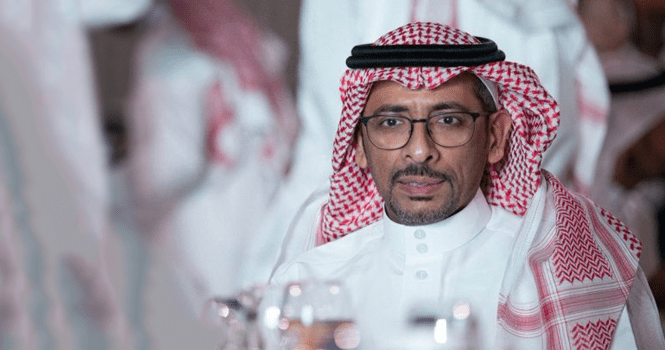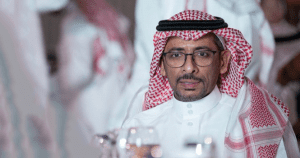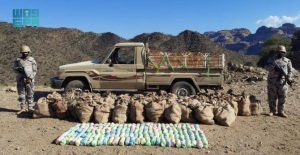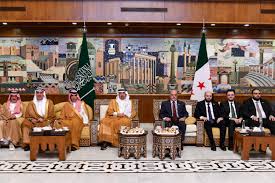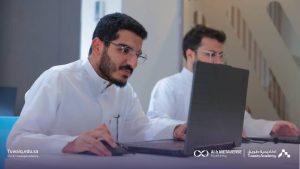Riyadh, 10 September 2025 Minister of Industry and Mineral Resources Bandar Alkhorayef opened the 10th session of the Saudi-South African Joint Committee in Riyadh today, with the attendance of South Africa’s Minister of Trade, Industry and Competition Parks Tau and high-ranking officials from both countries. The meeting, held under the auspices of solid cooperation, is part of attempts to enhance bilateral relations and push forward joint strategic goals.
The high-level session comes after the successes of the ninth meeting that was conducted in Pretoria in 2022, according to a Ministry of Industry and Mineral Resources press release. The two parties reaffirmed their commitment to deepening collective efforts in economic, social, and cultural domains while emphasizing the need to transform dialogue into concrete projects that foster sustainable development.
Referring to the historic depth of Saudi-South African relations dating back to the early 1990s, Minister Alkhorayef, in his first address, indicated that there is clear evidence today of a partnership in the form of a mature cooperative framework based on mutual respect, common priorities, and strong institutional mechanisms. The minister listed energy, mining, industry, agriculture, and transport as key pillars of this partnership, saying that these sectors had huge potential for development.
He also referred to the global role both nations play in fostering cooperation that is beyond a bilateral relationship. Forums such as the Future Minerals Forum and the Mining Indaba Conference, he noted, are indicative of the ability of Saudi Arabia and South Africa to spearhead global conversation on sustainable resource development, climate action, and economic transformation.
Among Alkhorayef’s primary focuses in his speech was the rise of non-oil trade. Although he referred to current trade volumes as encouraging, he noted that the full potential of bilateral relations could only be realized by continued efforts beyond the formal meetings. He made an appeal for the realization of existing agreements and joint working mechanisms, including technical workshops and result-based projects.
The minister also linked bilateral cooperation with global sustainability targets. He mentioned South Africa’s Climate Change Law of 2024, which has a clear vision of emissions reduction and a low-carbon economy transition, and spoke to its alignment with the Kingdom’s Saudi Green Initiative. Saudi Arabia, he further mentioned, is aggressively pursuing solar energy, green hydrogen, and the circular carbon economy, where it has strong synergies to collaborate with South Africa.
For his part, the Minister Parks Tau described the 10th session as a milestone in the history of the development of the bilateral relations. He emphasized South Africa’s aspiration to intensify cooperation with the Kingdom in various sectors, like trade, investment, education, culture, and technology. Tau believed that the outcome of this meeting would solidify the gains achieved earlier and provide opportunities for new prospects.
Bilateral relations have grown steadily in the past decade through investments and co-projects. Some of the Saudi contributions include ACWA Power’s Bokpoort Concentrated Solar Power plant in the Northern Cape, plus other solar and hybrid power installations. SABIC also has a strong foundation in South Africa with distribution centers at Durban and sales offices at Cape Town, underlining the dynamism of Saudi investments in the country.
The Saudi-South African Joint Committee, established in 1990, has become a cornerstone of partnership, addressing both the traditional areas of trade and possible opportunities in innovation and sustainability. The 10th session attests to the commitment of the Kingdom’s Vision 2030 to diversifying partnerships, sustainable growth, and its growing economic presence worldwide.
In negotiations, the two countries are set to sign new agreements and memoranda of understanding. These will open doors for more integration and greater coordination that will have the outcomes of the Riyadh session register tangible benefits for both countries.

